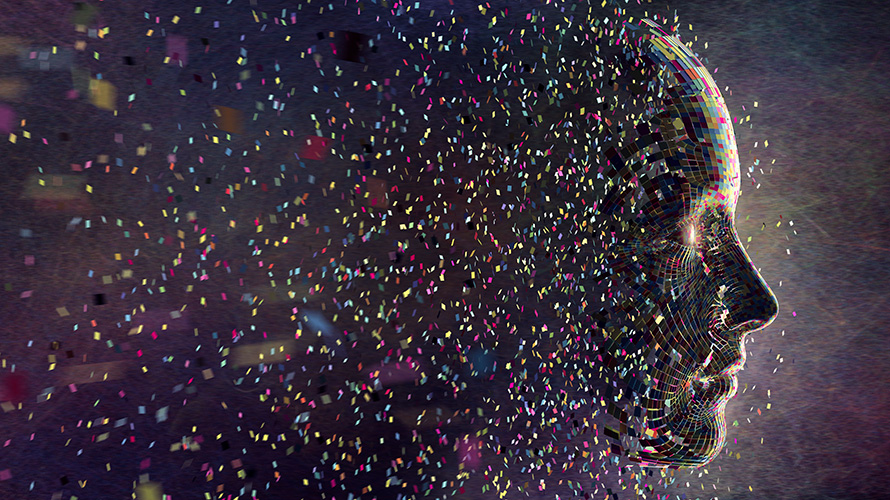Source- adweek.com
In 2018, artificial intelligence began making its virtues clear to the marketing industry in tangible ways. Want proof? Just check out Lexus’ powerful new commercial scripted by IBM Watson.
So, what does AI have in store in 2019?
Holistic media buying
The fact that consumers habitually juggle content streams has long been a thorn in marketers’ sides. This year, marketers can expect some relief because AI is great at quickly making sense of convoluted data sets. AI will make it easy for marketers to track consumers’ moves across platforms and channels.
More companies derive insights from AI-driven analytics and look for big changes in media buying strategies. Mindshare Canada’s CEO Devon MacDonald expects “a more confident push into holistic audience planning,” and I agree with him. The days of proprietary, gated platforms that inhibit cross-platform insight are numbered, and we’ll have AI to thank for that.
Content marketing IQ boost
There’s been lots of buzz around AI’s recent creative accomplishments, but some aren’t convinced that AI has a place in content marketing’s creative brain trust.
Joe Lazauskas, head of content strategy at Contently, is one of them. “Content marketing already has a quality problem,” he scoffed. “Relying on robots to tell stories is the last thing that’s going to solve it.”
I don’t entirely agree. AI artworks at auctions, an AI-edited film trailer and an AI-scribed car commercial may all be more AI hype than reality, but I see real potential for AI as a creative assistant.
Still, 2019 may not be the year creative AI starts delivering interesting industry commentary, profiles and personal stories or well-crafted animated explainers, but that doesn’t mean that AI won’t make itself useful to content markers. AI is great at parsing data. This year, content marketers will start capitalizing on AI’s ability to mine research data for newsworthy insights. That’s content marketing gold.
Marketing risk abatement
Marketing strategies easily stray into the woods when human bias distorts data and drives bad insights. For example, advertising is still widely a boys’ club, but should all ad creative be left to male judgment? AI can intervene before bias runs amok.
Just as AI data and behavior analysis will inspire more holistic audience targeting, in 2019 it will help brands develop target appropriate campaigns. By reducing marketing risks, AI will drive marketing investment.
As much as Andy Markowitz, Mastercard’s svp of managed services, likes the idea of marketing that is free of bad insights, he has some words of caution. “AI will start to alleviate some human error-caused risk, but don’t expect it to inoculate marketers against all bad assumptions.”
Brand-owned marketing intelligence
There’s an unfavorable inequity in the marketing-AI economy for brands currently. The money brands spend actually pays for improvements to other companies’ machine intelligence.
As mar tech analyst John Koetsier puts it, “Google’s getting smarter. Facebook’s getting smarter. But your brand isn’t, even if a few of your campaigns are.”
Increasingly accessible AI in 2019 will make it easier for brands to begin seizing ownership of their own marketing intelligence. AI-powered platforms will emerge that not only drive greater ROI on individual campaigns but increase brand’s marketing intelligence. Indeed, we’re already seeing signs of this trend among certain progressive brands. For instance, video game developer Ubisoft is developing in-house mar-tech stacks to facilitate better user experience and decrease costs. Like me, Koester’s “looking forward to a near future where brands get smarter every day, one customer and one megabyte at a time.”
Less guesswork makes time for more artwork
Marketing has always been more art than science and that will likely remain the case. But just how much more art it is will certainly change as AI gains a stronger foothold.
Mazdak Rezvani, founder and CEO of Chatkit, an AI-powered chat marketing platform, believes that AI should be dictating “a lot of gut-feeling decisions around when to begin and end campaigns, the mix of content, the timing of messages, the tone of the messaging and even the kinds of imagery used.”
All that may be too tall an order for AI in the coming year, but I think it’s reasonable to expect that we’ll see AI begin to automate anything to do with the timing and delivery of messaging. The energy marketers currently spend on those aspects of communication campaigns will be redirected to the aspect of marketing where humans really excel: creativity.
